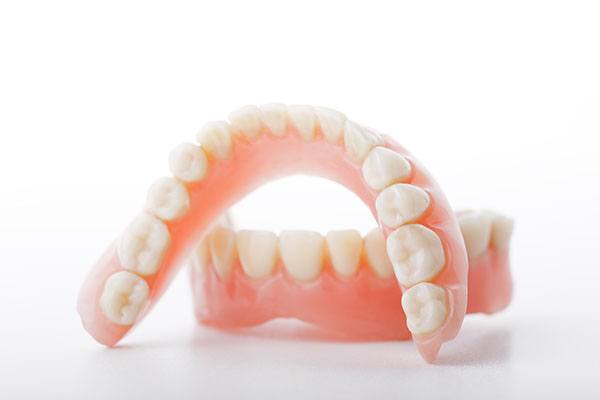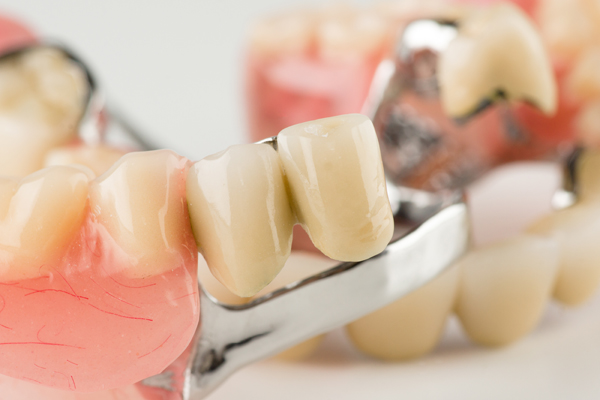Dental Adhesive Helps Your Dentures Stay In Place
 If you have lost some or all of your permanent adult teeth due to an injury or oral disease, a full or partial set of dentures which replaces the missing teeth can drastically improve your appearance and allow you to once again smile with confidence.
If you have lost some or all of your permanent adult teeth due to an injury or oral disease, a full or partial set of dentures which replaces the missing teeth can drastically improve your appearance and allow you to once again smile with confidence.
Modern dentures would be the envy of anyone from your grandparents' generation who had no choice but to wear fake-looking false teeth, which was the only option available to them. Modern technology has made dentures far more natural-looking and better fitted. Thus, they are far more comfortable than those your grandparents had to deal with.
Why You May Need Dental Adhesive
In most cases, well-fitted and well-maintained dentures do not need adhesive.
Even when fitted by a competent and experienced dentist, many people feel more secure with the added safety net of an adhesive, which provides additional stability and enhances their ability to bite into certain foods. Adhesives are also very useful in the initial stages when you are trying to get used to eating and chewing with dentures. They may reduce your fear of the dentures slipping or falling out.
Additionally, as we age, the bones in our mouths gradually shrink. Over time, this will cause your dentures to loosen. An adhesive can fill in the gaps and temporarily cause the dentures to fit more snugly. However, it should be noted that as the bone continues to deteriorate, an adhesive will no longer be up to the task of keeping them snugly in place. The dentures will have to be relined with a cushioned material that will extend their life. Eventually all dentures have to be completely replaced.
However, an adhesive should never be used to 'fix' a denture that does not fit properly. Because prolonged use of ill-fitting dentures can lead to increased bone loss, if they do not fit right, you will need to see a dentist who can make the necessary adjustments.
Are Dental Adhesives Safe?
While adhesives are generally safe to use, many of them contain zinc, whether or not the label indicates it. Although zinc is a necessary nutrient, excessive amounts can be a health risk, which is why it is necessary to use the least amount of adhesive on your dentures as possible. If necessary, you can always re-apply some later on. You should also pay attention to how fast you go through a single tube of adhesive by marking the start date on a calendar. Zinc-free alternatives are also possible.
An upper denture only requires a thin strip of adhesive on each ridge and down the center. In the case of a lower denture, you need only put a thin strip of adhesive in the center of the ridged area. If, after putting your denture in place, you find that the adhesive is oozing out of the sides, you have either used too much of it or have not applied it correctly. If you prefer a powder adhesive, sprinkle a light, even layer over the underside of the denture, shake off the excess, and then press it firmly into place.
While rare, it is possible to be allergic to one or more ingredients in denture adhesives. Should you develop hives or itchiness, remove the dentures immediately. Clean them and your mouth thoroughly. See your dentist for advice on other products.
If you use an adhesive, swishing some warm water around in your mouth can help you loosen the adhesive. Gently wiggle the dentures back and forth until they easily and painlessly come away from your gums. Any remaining adhesive on your gums should be wiped off with your finger or a washcloth, and any on the dentures themselves should be gently brushed off.
General Dentistry > Dentist

